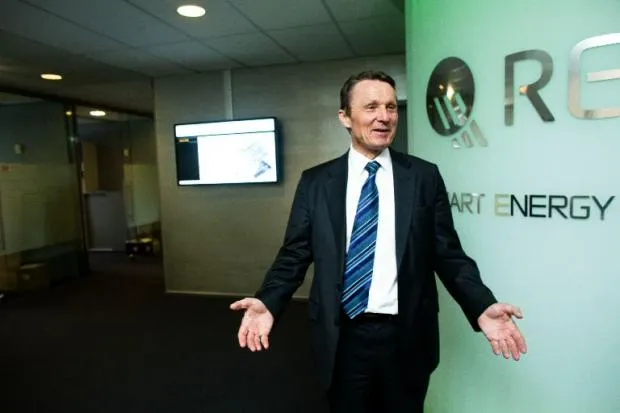
REC opens manufacturing facility in Singapore
REC’s Singapore facility already exceeds expectations by producing one millionth module ahead of plan before reaching full capacity.
Renewable Energy Corporation or REC officially opened one of the world's largest integrated wafer, cell and module manufacturing facilities in Tuas, Singapore. This milestone is the largest single investment ever made by REC, the largest clean tech investment ever made in Singapore at 2.5 billion Singapore dollars, and the third largest foreign green field investment ever made by a Norwegian company.
The facility was built 20 percent below budget. Initially volumes of 740 MW for wafers, 550 MW for cells, and 590 MW for modules were announced. The new capacity target for modules is 800 MW in 2012, representing an increase of 35% compared to the design capacity.
Some 200 sites were considered before Singapore was selected as the location for the state of the art complex covering 321,000 square meters. Some 8,000 workers and 17 million man hours without serious injury were required. The plant has impressive environmental features having received the Gold Green Mark Award for environmental performance, ISO 9001, in addition to having waste water recycling and energy recovery systems in place. The facility has created around 1500 jobs with recruitment continuing.
The production costs for the facility are less than earlier REC plants, targeting a full cost of 97 Euro cents per watt by the end of 2011 including research and development and sales and marketing costs. Research and product development, supply chain, operations, quality control, logistics and customer support are made more efficient through integration.
The one millionth module is part of the REC Peak Energy Series which is the first product manufactured at Tuas. The module delivers more power per square meter due to several design improvements, resulting in approximately seven percent improved energy output. The facility produces more than 190,000 modules per month with a competitive cell efficiency target of 16.8 percent by 2011, an improvement over earlier production. The REC Peak Energy Series is already installed in more than twelve countries. The modules produced in 2011 at the new REC facility could throughout their lifetime offset 25 million tons of CO2 from coal fired power plants or produce enough electricity to meet the yearly energy needs of 150,000 Singaporean households.
"We are confident with the completion of REC's plant that solar is here to stay and will be an important energy source in the coming years. REC's high performance solar technology and Singapore's global competitiveness together create a center of excellence that will make smart energy for a cleaner future more accessible," said Ole Enger, CEO, REC.



















 Advertise
Advertise







